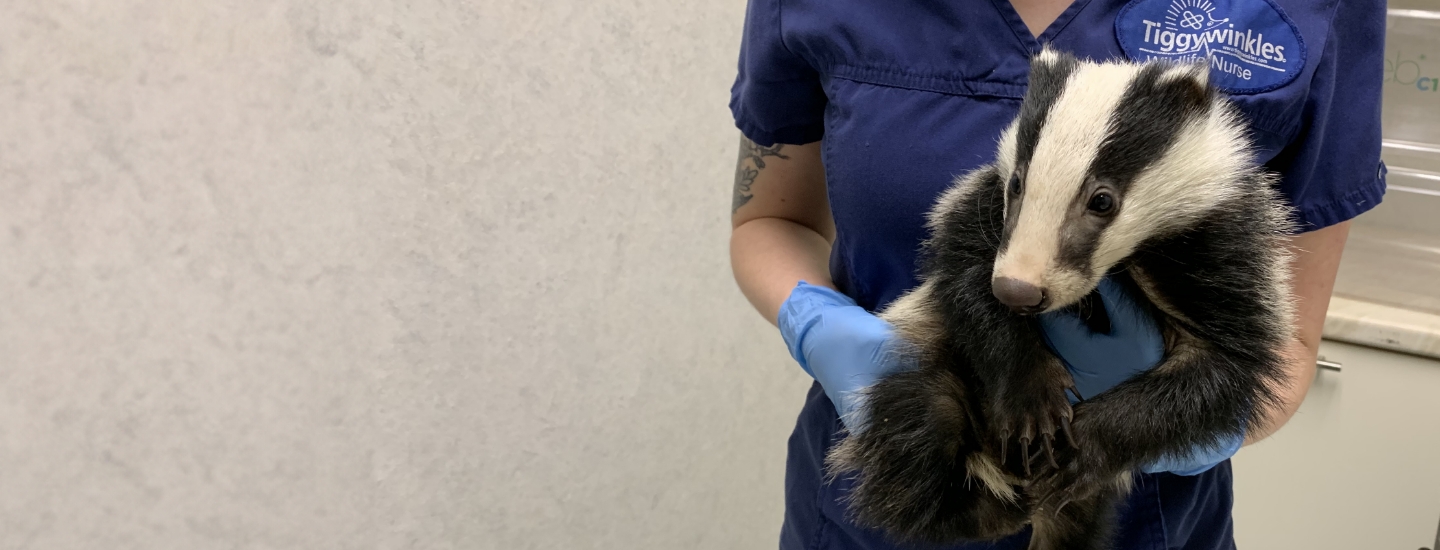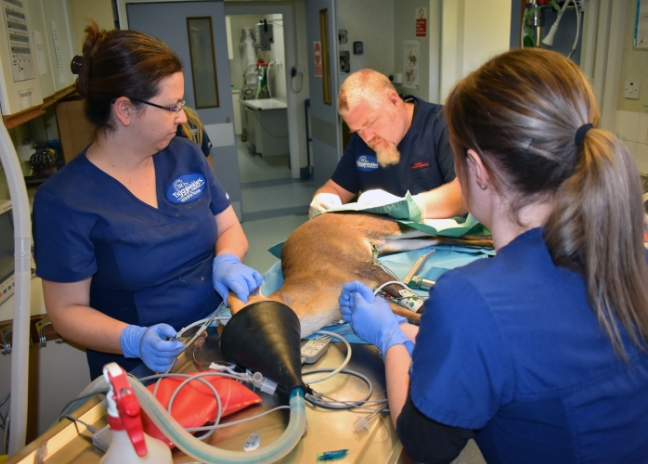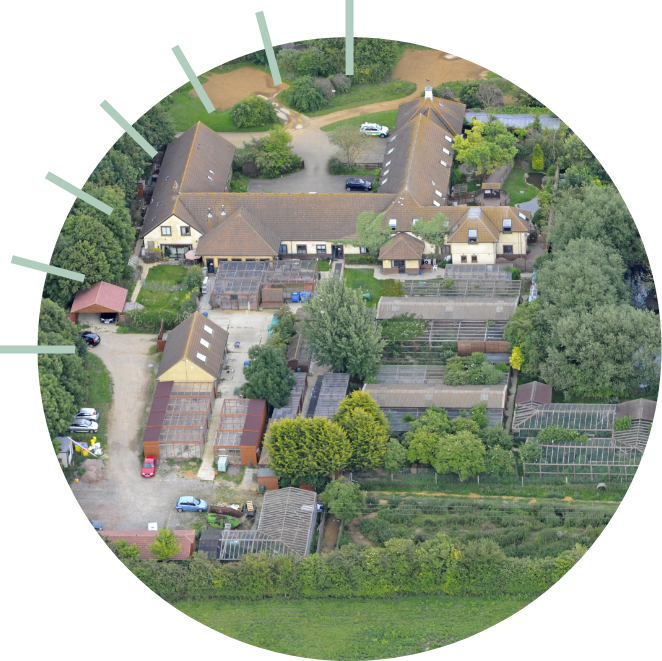Your basket is currently empty!
24-Hour Emergency Helpline 01844 292292

About the course.
This qualification focuses on the development of knowledge and skills needed for working in the Animal Care industry, which will prepare learners to enter their chosen occupation through employment or as an Apprentice.
Common Core content includes topics such as health & safety, sustainability, ethics, business management, professional responsibilities, attitudes and behaviours.
Within the Animal Care & Management Core Pathway and Occupational Specialism, topics include: Anatomy and physiology, animal health, animal biology, nutrition, animal behaviour, communication and training, animal husbandry, animal welfare and conservation.
Make a donation
By donating to Tiggywinkles, you will be helping us provide life-saving treatment and care to all species of British Wildlife.
Course Start
Course Length
Year Two: 11 months – Both on a full-time basis (four days a week)
Location
Course progression
Completion of this qualification gives the learner the opportunity to progress onto higher education degree courses, as the T-Level qualification has UCAS points (varies depending on final grade achieved).

Days & Entry Requirements
Five days: Four weekdays PLUS one day at the weekend, every week for the duration of the course.
Note: Courses run from start September to end of July – with two weeks off at Christmas and two weeks at Easter. We do NOT break for half-terms or bank holidays.
Entry Requirements: 5 GCSEs including English, Maths and Science/Biology (or equivalent) at grade 4 / C or above.
Independent study skills are required to work at this level, plus all students need to be enthusiastic, complete a successful interview, plus attend every day of a hands-on trial week
T-Level Animal Management
Course Content
This two-year qualification has two exams, two projects and a series of written and practical assessments.
Sample Topics:
Agriculture, Environmental and Animal Care Common Core
• Health & Safety
• Ethics
• Business
• Equality
• Relationship management
• Finance
Animal Management Core Pathway
• Sustainability
• Biosecurity
• Supply chain
• Learning theories
• Anatomy & physiology
• Animal health
Animal Management and Behaviour Occupational Specialism
• Optimise health and welfare of animals
o Health, safety and the environment
o Animal biology
o Animal welfare
o Husbandry skills
• Optimise animal environments to meet their needs
o Environment design
• Apply techniques to influence positive animal behaviour
o Animal training
• Provide information researched on an animal to promote animal welfare and conservation
o Animal welfare and conservation
o Research
Plus
Students will undertake extensive practical work experience throughout both years.
Students also cover CV writing, job applications, UCAS applications, interview techniques, team
working, dealing with the public and employability skills, across the two years.

2025/27 -Funding Support
On enrolment, ALL students need to purchase uniform tops. This is not covered by your course fees.
16-18 year-old students (age at the start of each academic year) are exempt from tuition and registration fees.
Eligible students may apply for a College bursary to cover travel costs.
T-Level is not currently available to 19+ students
What careers could this lead to?
Achieving this qualification may help you work in roles such as: Kennel and cattery worker/supervisor; Pet store assistant/supervisor; Animal Hospital care assistant; Wildlife assistant; Dog grooming assistant; Animal feed sales rep; Pet Sitter or Dog Walker; Trainee zoo keeper or aquarist; Trainee animal husbandry technician


